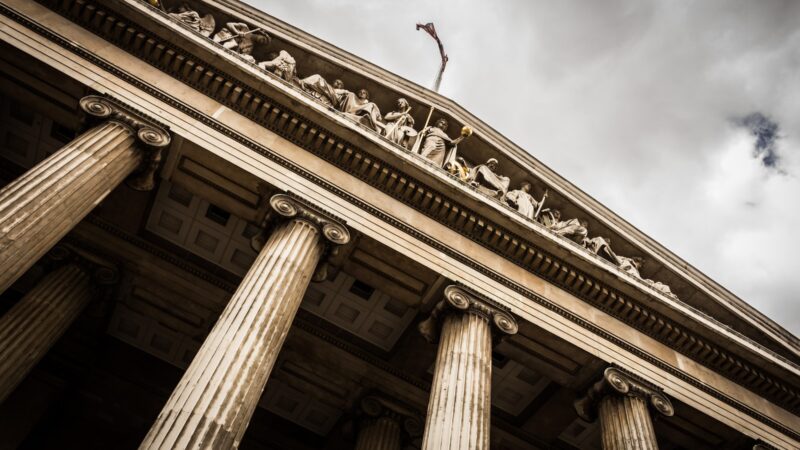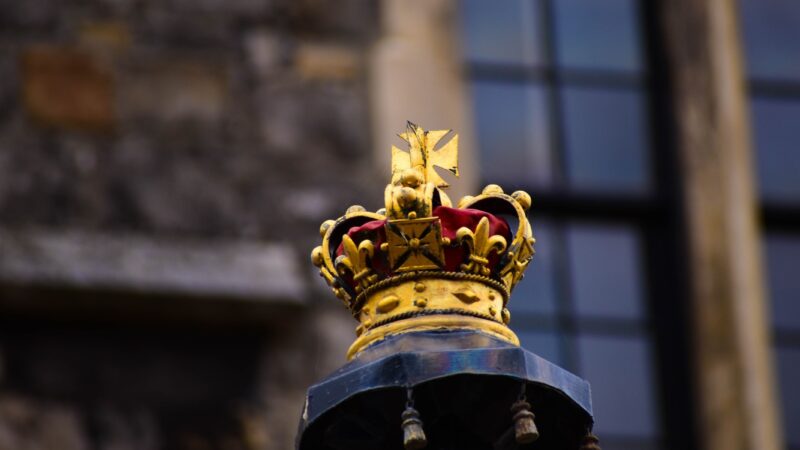When we read books about politics, many of us may be more inclined to read about what happens in the Anglosphere. It’s natural really- it’s our language, closer to our culture and what we see about on the news.
It is, however, always refreshing to expand our horizons. Here are ten of my favourite books, handpicked, on non-Western international politics and history.
Dictatorland: The Men Who Stole Africa- Paul Kenyon
You may have already read my glowing review of this book and if you haven’t, get to it. This book discusses several contemporary and older dictators of Africa, from the slain Gaddafi of Libya to the man who has been in charge of Equatorial Guinea since 1979. It starts with colonialism, slithers through independence and continues afterwards. Some dictators were murdered, others remained for years or were finally booted out of office.
It’s a great study of colonialism, the promise of freedom and how these countries suffered under the men who offered them so much. These nations should be rich due to oil and other resources, yet only a few manage to make money from said resources. We learn about dictators who are worth billions, contrasting with the people who live in abject poverty.
Best Feature: Covers several countries, allowing the reader a greater scope.
Queens of the Kingdom: The Women of Saudi Arabia- Nicola Sutcliff
Everyone has their own preconceived ideas of Saudi Arabia, so prepare to have your views challenged. Sutcliff interviews a large number of women who live in the mystical kingdom- wealthy housewives, educated entrepreneurs and illiterate village dwellers among them. They give their views on everything from marriage to education.
Some are thrilled with having their family keep them close and husbands who are their guardians. Others have experienced insurmountable horror with beatings and underage marriage. What links them all is a love for their culture and country, no matter what they think of their society.
Best Feature: The women really tell you what they think.
El Narco- Ioan Grillo
Many readers will have watched Netflix’s hit show Narcos, which shows the work of the DEA in Colombia and the life of Pablo Escobar. Grillo’s book is the real deal, chronicling the Mexican drug cartels that have gripped the beautiful Central American nature.
There’s no glamourising money, cars and women here. It’s all gritty, the truth behind the devastation. Kidnappings, murders and tortures are aplenty. Friends turn on friends. Journalists are targeted. Innocent people are killed in the crossfire.
Best Feature: Grillo lays out the strategies of successive Mexican and American governments regarding the War on Drugs.
Our Bodies, Their Battlefield: What War Does to Women- Christina Lamb
I’ve read a lot of books and watched a lot of documentaries about depressing issues, but this book is easily the most shocking and heartbreaking thing I’ve ever read.
From the refugee camps in Syria to the survivors of Rwanda, we learn about the use of rape as a weapon of war and what it does to women. These women have been raped and tortured. Babies and elderly women aren’t exempt from brutality. Governments ignore it. Rapists get away with it. Families and communities shun victims.
It’s extremely brutal and doesn’t pull punches when it describes what happens to these women, but there are moments of hope that shine through.
Best Feature: It shows how war rape has been used for centuries and in every corner of the world
Shake Hands With the Devil- Romeo Dallaire
Up to one million people were killed in the space of a few months in three months in 1994 Rwanda. This book is written by Romeo Dallaire, leader of the United Nations Assistance Mission for Rwanda (UNAMIR). Dallaire had a front row seat to the slaughter, taking us from his early life in terror-ridden Quebec to his life after Rwanda.
It makes one pretty angry- Dallaire desperately tried to get the UN to take notice of what was about to happen, but was ignored. People on the ground did nothing. Villagers slaughtered the people they lived with for years. Dallaire suffered from PTSD and attempted to take his life several times afterwards. It’s essential reading.
Best Feature: It really portrays the absolute hell on earth that is the Rwandan Genocide
First They Killed My Father- Loung Ung
I’m pretty much a hard arse when it comes to movies, but the film of this book had me crying.
Loung Ung was one of seven siblings in a prosperous, middle-class Phnom Penh. Her life turned upside down upon the arrival of the Khmer Rouge and rise of Pol Pot. Ung then lived through the unimaginable- the death of most of her family, living through forced labour and being a child soldier.
It was a book that made me often wonder if I was actually reading a true story, for it felt like I was reading a fictional dystopia.
Best Feature: Gives an inside view of one of the world’s most horrendous contemporary crimes
Persepolis- Marjane Satrapi
Unusual in that it’s a graphic novel, Persepolis is the true story of the Iranian-born Marjane Satrapi. Born into an intellectual, liberal Iranian family, Marjane Satrapi was young when the revolution happened. From the first time she was forced into a hijab, Satrapi hated the new regime. Her rebellious nature led her family to send her abroad out of fear she’d be executed.
Satrapi contrasts her life in the West and in Iran. She talks about her family, what romance is like in the conservative regime and how she sneakily listened to American rock music.
Best Feature: It’s a story of a fish out of water in a very real way
Girl With a Gun- Diana Nammi and Karen Attwood
Diana Nammi was only a teenager when she became part of the Peshmerga, part of Iranian Kurdistan. Nammi fought on the frontlines and in the process became one of Iran’s most wanted people. She saw death and survived it herself.
Nammi now resides in the U.K., founded a charity for women and has been instrumental in the fight against child marriage. She had to move her for her own safety, but her love for her people is clear.
Best Feature: Gives a great insight into Kurdish culture
Without You, There is No Us- Suki Kim
North Korea is the world’s most secretive country and in this book, Suki Kim infiltrated it. The journalist spent some time as a teacher for the elite’s sons. Her notes and documents had to be kept secret and her life was restrictive. Suki discusses how she became close to her initially unwilling students, where the two cultures learned about one another and how the prospect of watching Harry Potter thrilled them.
It’s sweet but sad- these kids are just like us, yet live in a regime which doesn’t allow their full potential. On top of that, it’s a very personal look at North Korea instead of the outside analysis that is usually the only thing available.
Best Feature: We get to know these teenage boys and their dreams.
Nuclear Folly- Serhii Plokhy
I’m cheating slightly here as a chunk of the book is set and about the US, but it gives equal treatment to Cuba and the Soviet Union. The year is 1962 and when recon planes catch sight of missile structures on Cuba, all hell breaks loose. We learn about the origins of the Cuban Missile Crisis, Castro’s desperate attempts to fight the US, Khrushchev’s role and how the Kennedy administration reacted.
It’s pretty shocking to read how damn close the world came to nuclear war and how Robert McNamara (Secretary of Defense under Kennedy) only learned that the missiles were offensive and not just defensive thirty years later. Each of the three leaders had their own fate- Kennedy was assassinated a year later, Khrushchev was eventually pushed out for his role and Castro outlived them both by decades.
Best Feature: Very intricate in details



